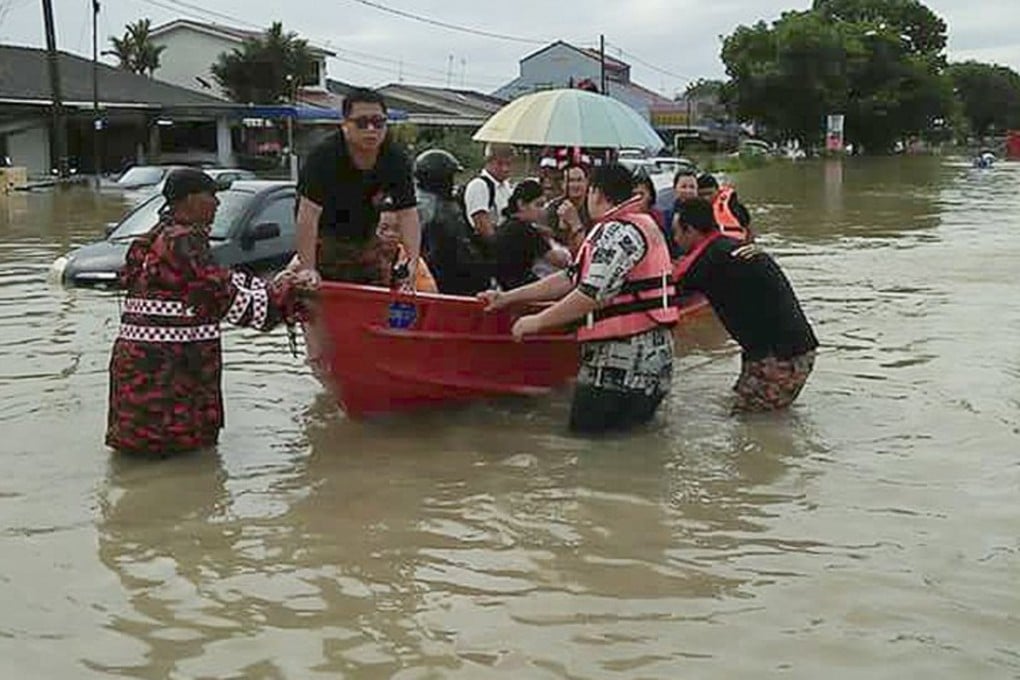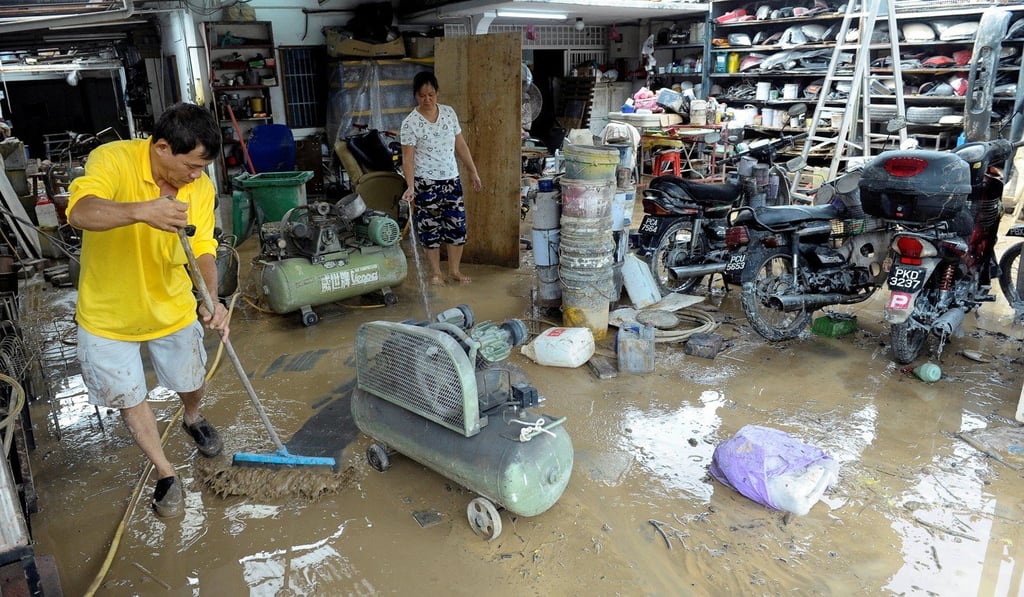What the Penang floods say about Malaysian politics (and it’s not just about climate change)
The freak storm that hit Penang, killing seven, is notable not only for occurring in a place famed for mild weather – it wouldn’t be Malaysia if such an event weren’t politicised

Extreme weather hits most places on Earth every now and then, and recently more than ever. But when freak storms appear with an intensity stronger and more devastating than living memory can recall, it is wise to conclude that we should not take blue skies and cooling rainfalls for granted.
More obviously, governments should begin thinking very seriously about how the effects of dramatic climatic change can be mitigated at the most local level. If there is any lesson to be learned from the tropical storm that hit northern Malaysia, most notably the state of Penang, on the weekend of November 4-5, this is it.

Weather systems seem to have shifted, and the people of Penang, where the weather has almost always been mild, and where disasters are queer events that take place elsewhere, were totally surprised by an extremely heavy overnight downpour accompanied by high-velocity winds that brought down dozens of trees, and countless branches, onto fences, roads, houses and cars.
Seven people died.
Religion, race, politics: what’s causing Malaysia’s great divide?
Penang being Penang – a state defiantly run by the federal opposition since 2008, and which has for two mandate periods now been a poke in the eye of the powerful and long-standing central government – it has been difficult for many to consider the floods simply as a natural disaster. Instead, some schadenfreude was initially evident, and fingers were pointed at the state government. But to be fair, much of this was done before most people realised how bad the situation actually was.